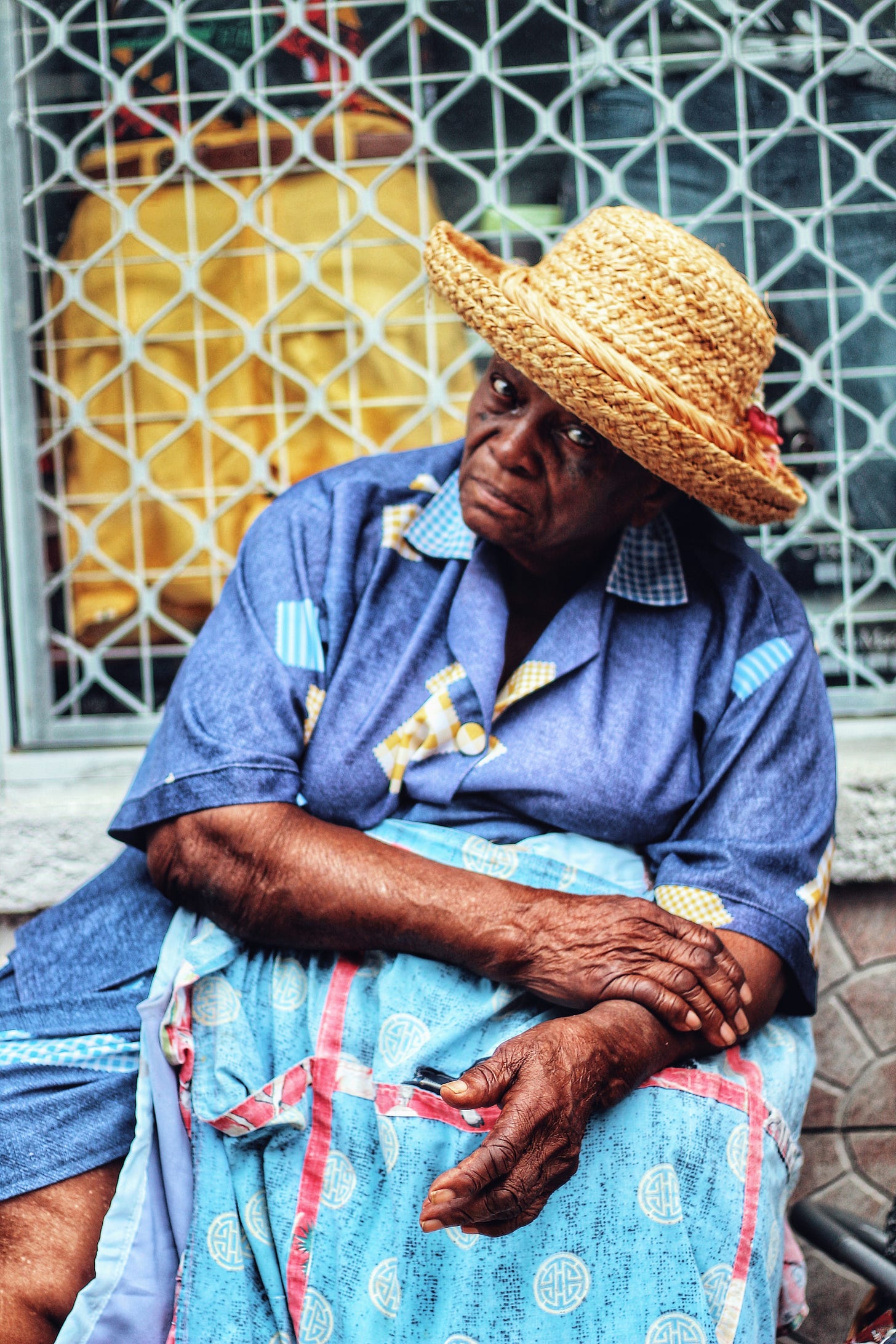People love the idea of fairy tales. The very thought of them can sometimes transport people back to their childhoods. They remember the magic, the fantastical elements and the way the tales made them feel. But they often recall just fragments of the stories, Somebody is in a tower with long golden hair, there are dwarves in another. Was that the one with a bear, they might ask or the one with three wishes? We treat them as pretty stories and we tend to slide past the meaning part. We are missing out.
If you don’t believe that fairy tales have a purpose beyond enchanting children then you might ask why the stories have survived for thousands of years. Why do they keep appearing on our bookshelves, or at the movies or on the stage? We adults say we are done with them but they don’t go away.
Maybe they’re trying to tell us something.
When I was a little kid I read fairy tales for all the usual reasons, but I kept reading them long past childhood’s end because they seemed to have answers that I desperately wanted. I still feel that way.
Lately, I’ve been trying to understand what being an older woman in this crazy world really means. Most women of a “certain age” have an ongoing experience of ways we can be marginalized, ignored, feared and even hated. Once our biological duties are done, neither the culture nor even we ourselves know just what to do with us.
The average lifespan for women in 1900 was 48. The span for women during the millennia before that must have been a whole lot less. Women didn’t get to be much older than most young fairy tale characters. The few women who beat those age odds must have been rare, and either highly respected or highly suspect.
But women now live, on average, almost 30 years longer. We know, as all old women do, a lot about life. We could advise young people, we could guide them we could share our experiences. But that doesn’t seem to be the way it goes. We women talk sometimes about the realization that younger people aren’t clamoring at our doors for our insights. They seem to prefer that we just be quiet. Consider the wedding mantra for any new mother-in-law: Dress up. Show up. Shut up. Those of us who went back to school or started new careers later in life discovered that younger people often kept their distance. They didn’t know what to do with us. Same thing happens at elementary schools or day care centers when we pick up our grandchildren. It’s hard to make a connection across that age gap.
Maybe we need to let our stories out. But maybe, we already have. The wisdom we gained through sheer living, the same knowledge that women have gleaned through thousands of years of sheer living – those truths and insights and experiences have appeared in stories since the beginning of time.
People ask me who “wrote” fairy tales. The only true answer I can give is I don’t know! I know men “collected” these tales, BUT, most often their sources were women. One of the Grimm brothers actually married his principal story source.
Maybe fairy tales come from women, old women. The tales themselves almost always center around family life and family dynamics. They contain clues about how maternal love conquers danger and protects loved ones. They aren’t like the Greek myths that describe wars and rapacious male behavior. They aren’t like folktales that try to explain why the sun rises and sets. They are tales about very human experiences couched in a fantastical way that allows the wisdom to shine through. They are teaching stories.
Old women found a way to share their wisdom. To give it to young people who would ordinarily turn away; who would find the advice and guidance coming from their elders oppressive or threatening to their autonomy. The gift of fairy tales is that they have never lost their relevance. What they teach about human foibles, about sacrifice and enduring love, about the complicated dynamics in family life is still true and ever present. There isn’t much you can find in the media, on the news or the stage or screen that can’t be found in a fairy tale. The old women gave us the first template for how life is lived a long time ago.
If you want to understand the human condition you might want to start there.





I thoroughly enjoyed this article, thank you.
This essay is about far more than fairy tales. Like the misunderstood genre itself, it's says as much about human behavior today as it did 6,000 years ago. Fairy tales have been given a bad rap. They are not what they have become known to be. And, as with so much of life, we have women through the ages to thank for this encouraging tradition.